Rwanda to Begin UV Index Forecasts to Protect People with Albinism and the General Public
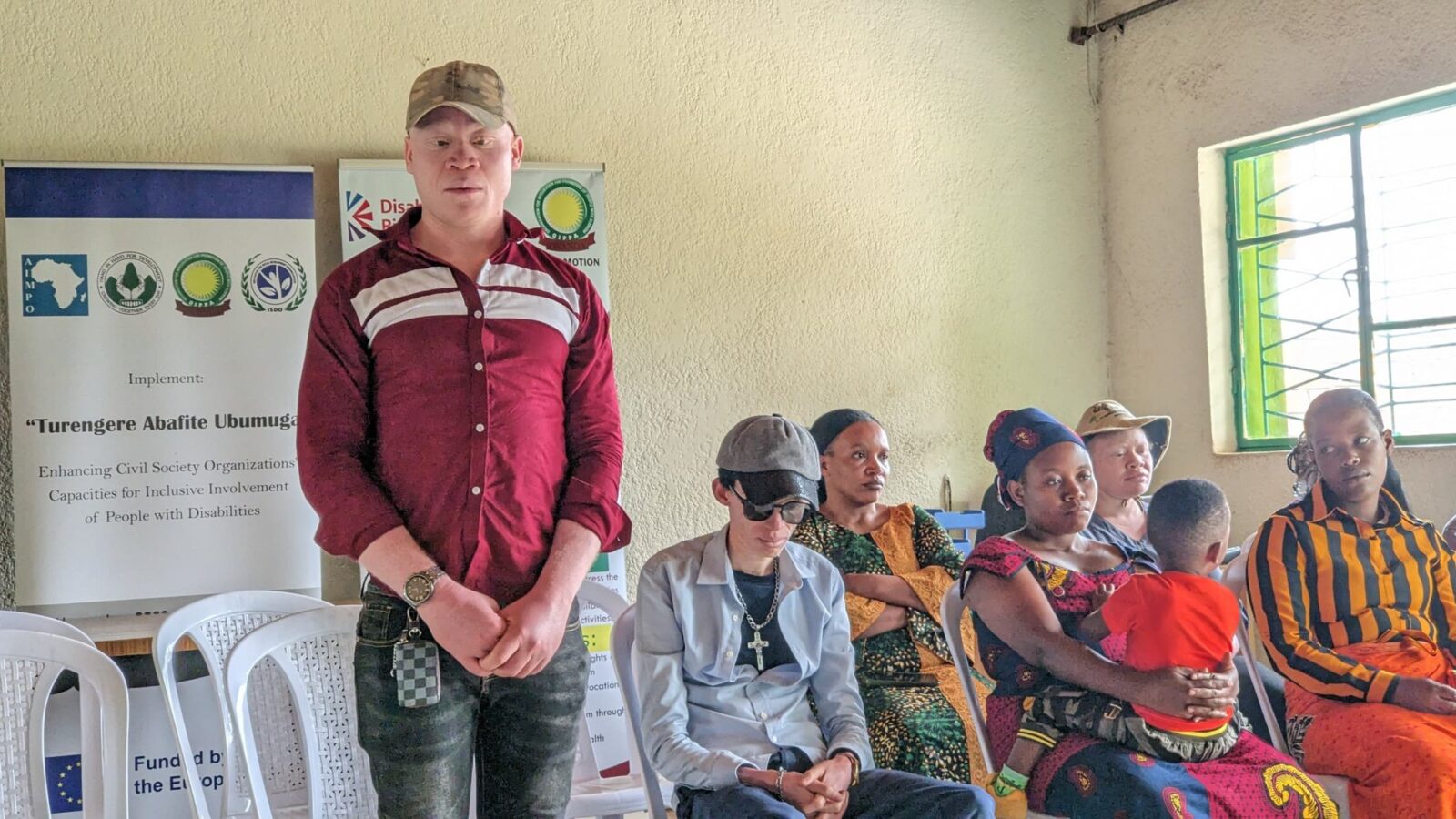
Thadée Twagirimana, Acting Director General of Environment and Climate Change at the Ministry of Environment, has announced that the Rwandan government, through Meteo Rwanda, is planning to start informing the public about the ultraviolet (UV) index.
“As a country located near the equator, Rwanda receives high levels of solar radiation, which includes a significant ultraviolet index. In other countries, when this index exceeds three, they begin to forecast and inform people on how to protect themselves. However, we have not yet started this component, although it is under study as required by the World Health Organization,” said Twagirimana.

He emphasized that forecasting the UV index is particularly important for people with albinism, who are more vulnerable to sun exposure and at greater risk of skin cancer. The government is working with the Rwanda Meteorological Agency to include this information in weather forecasts, advising people on when to wear protective clothing, sunglasses, or hats and when to stay indoors to minimize exposure.
The initiative comes as part of a broader effort to address the impact of climate change on vulnerable populations. During a recent meeting in Kigali with journalists from the Rwanda Environmental Journalists (REJ) Organization, people with albinism shared their concerns about increasing exposure to sunlight and the rising incidence of skin cancer.
Emmanuel Muhire, an employee of the Organization for Integration and Promotion of People with Albinism (OIPPA), expressed gratitude for the government’s provision of sunscreen but noted that more needs to be done. Many individuals with albinism work outdoors, putting them at high risk of skin damage. According to Muhire, at least one person with albinism dies from skin cancer each year due to prolonged sun exposure.
Niyomwungeli Kalisa, a 26-year-old resident of Nyarugenge District, described the daily struggles of protecting his skin. Without applying sunscreen, he experiences extreme discomfort, sometimes to the point where sleeping becomes impossible.
Children with albinism require special care from a young age to prevent long-term skin damage. Given that melanin, which protects against UV rays, is absent in people with albinism, they must take additional precautions, such as wearing full-coverage clothing and wide-brimmed hats.
Beyond the health risks, people with albinism also face social challenges, including discrimination and violence. Twagirimana stressed the need for continued public education, emphasizing that everyone deserves equal rights and respect, regardless of their skin tone. He highlighted ongoing efforts to promote awareness and encourage inclusive interactions with individuals with albinism.
Jonas Nyman, FOJO International Programme Coordinator, noted that protecting the environment and mitigating climate change is crucial for people with albinism, as they are among the most affected by rising temperatures and increased UV radiation.

Journalism Educator at University of Rwanda and Professional Journalist, Eugene Hagabimana highlighted the media’s role in raising awareness about the challenges faced by people with albinism and ensuring they are represented in conversations about climate change.
Dr. Nicodeme Hakizimana, Founder and Executive Director of OIPPA, reinforced the connection between disability and environmental challenges, stating that environmental protection must include considerations for people with disabilities.
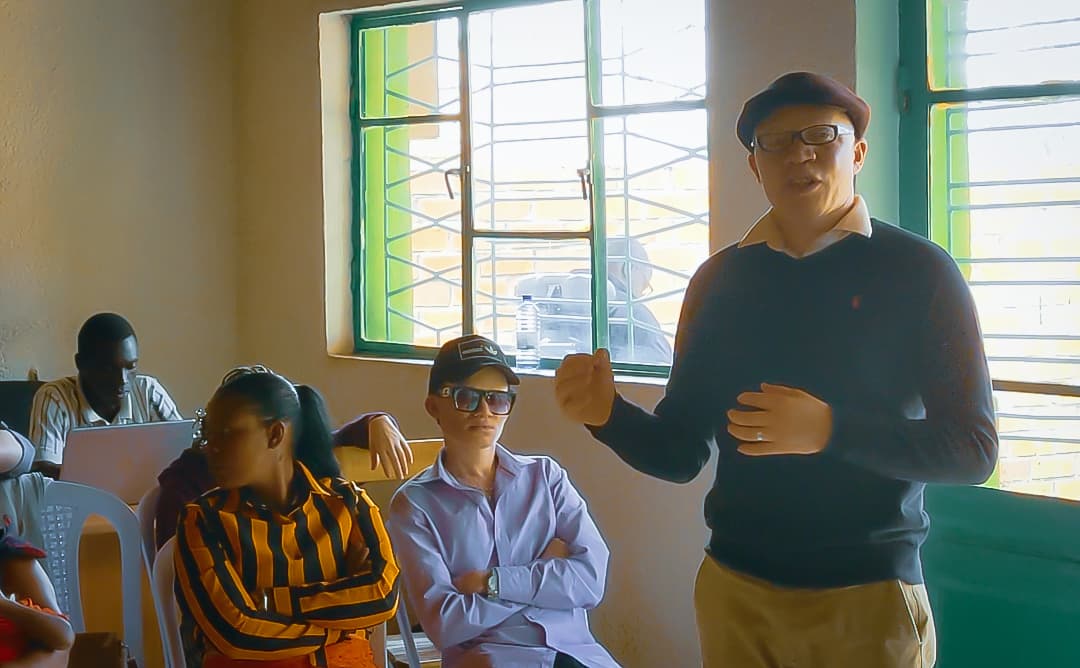
As Rwanda moves forward with including UV index forecasts in public weather reports, this initiative is expected to enhance awareness, encourage precautionary measures, and ultimately improve public health and safety, particularly for individuals with albinism.
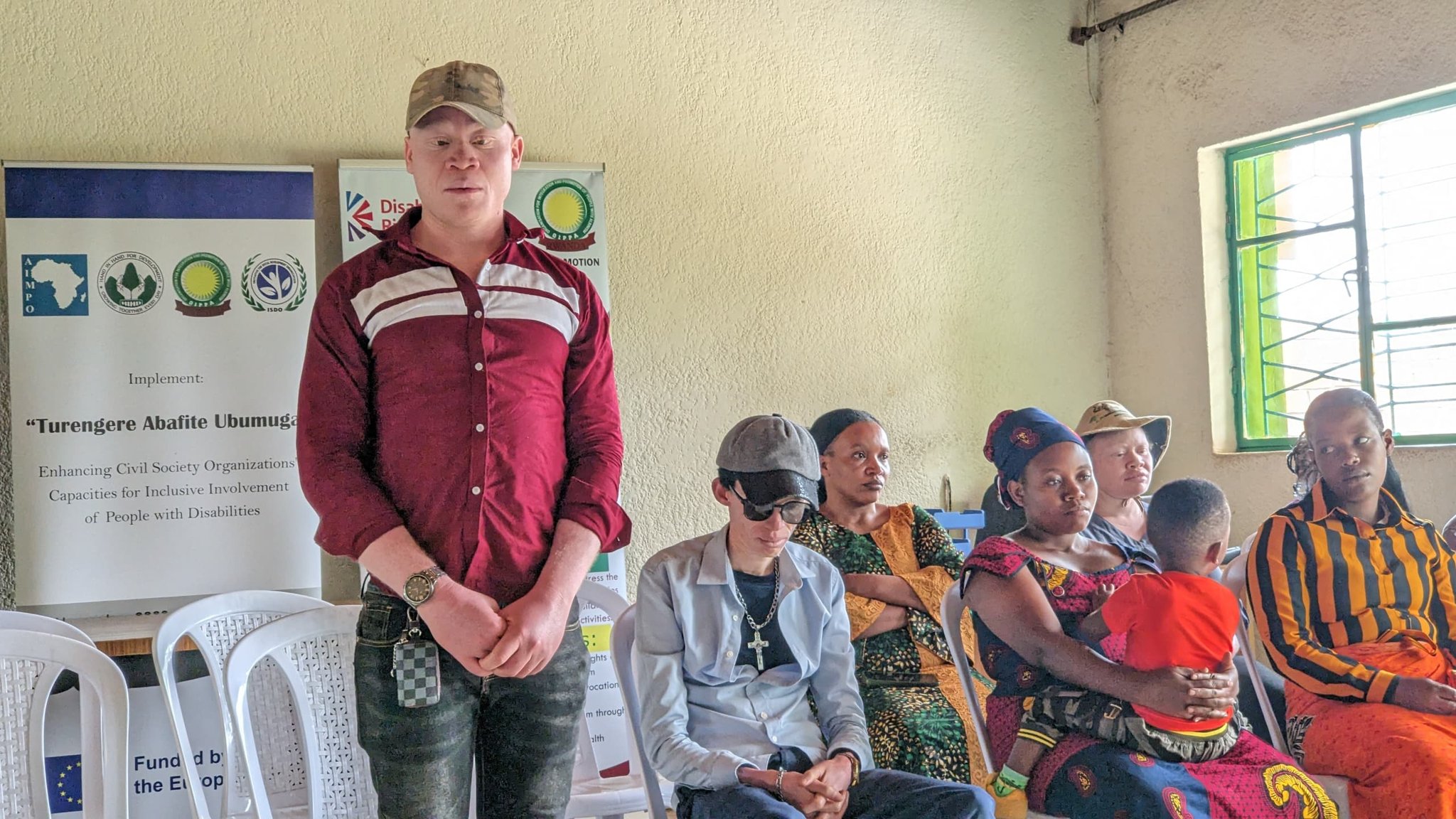
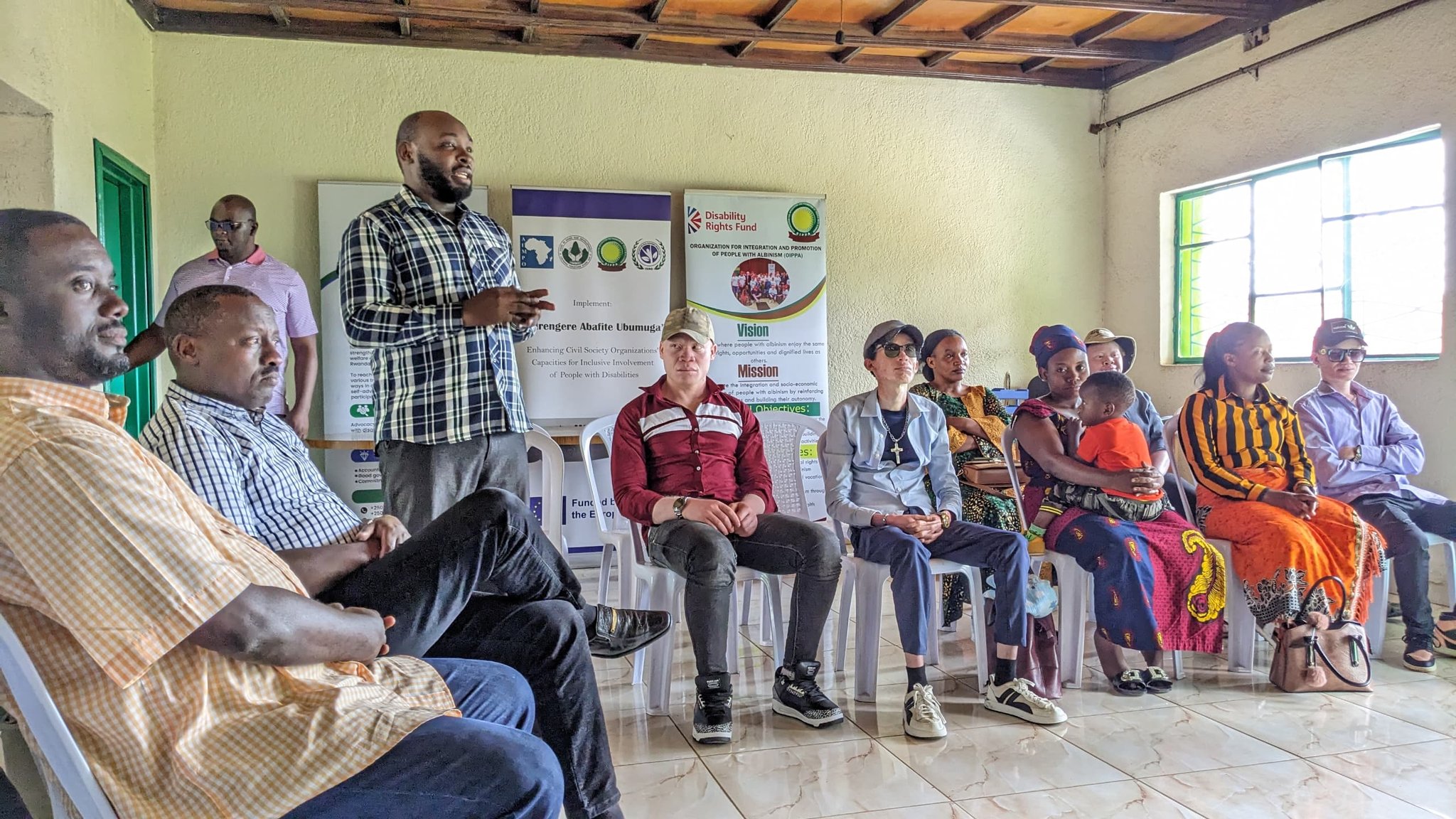
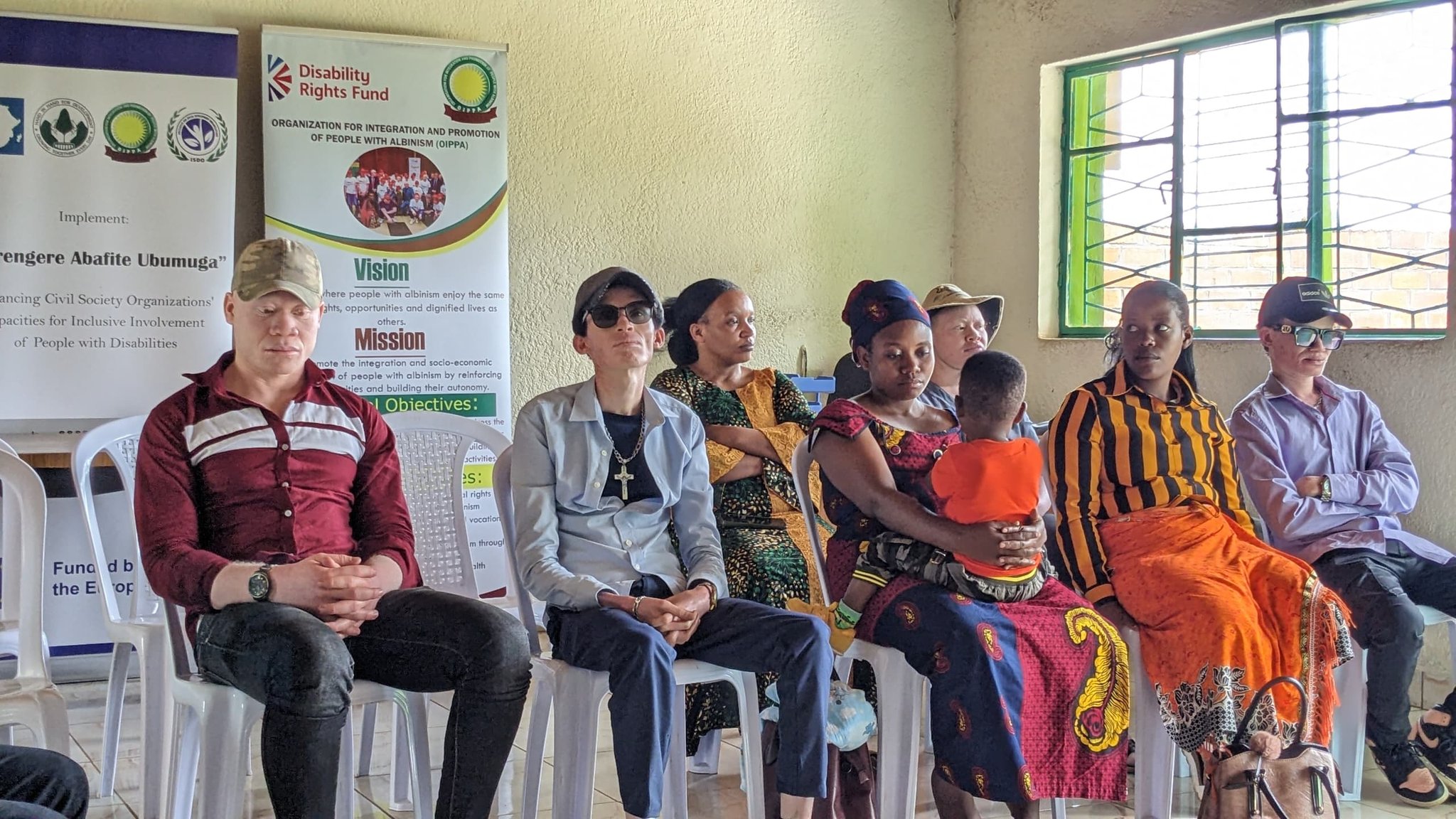
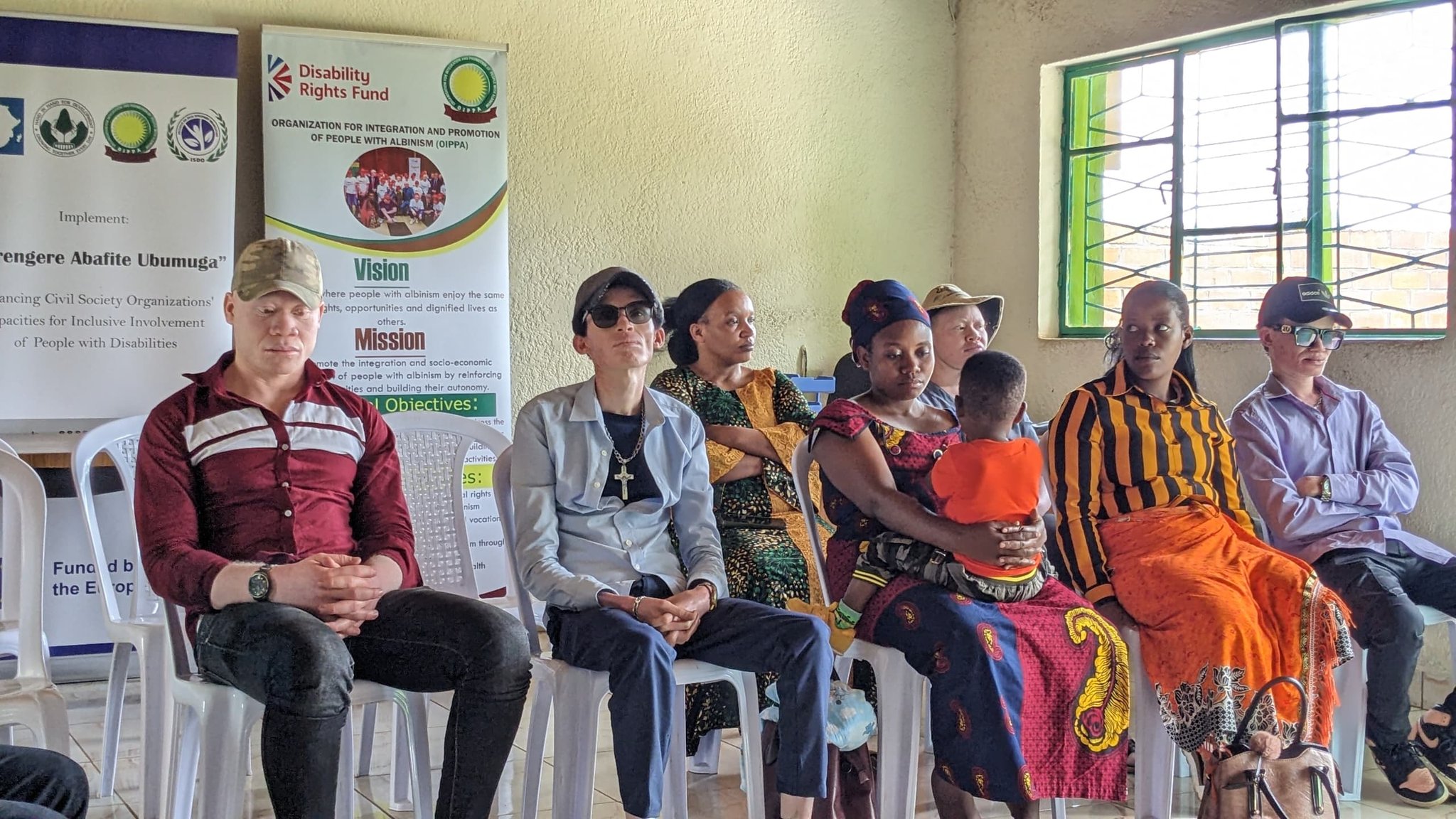
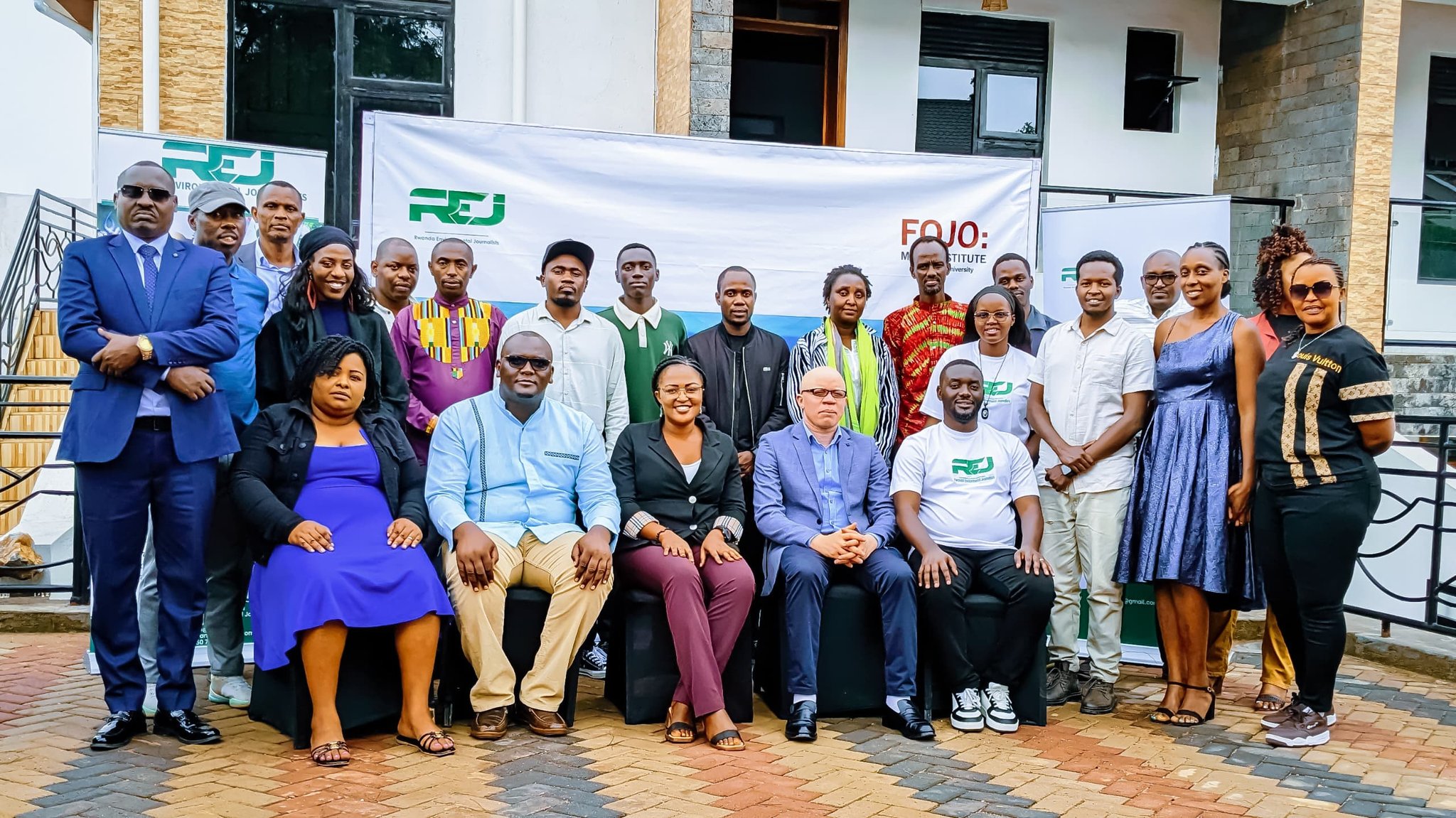
Trending Now
Hot Topics
Related Articles
Leaders Call for Stronger Monitoring to Turn Ecosystem Restoration Commitments into Results
Nairobi, Kenya — 27 January 2026 Country and regional leaders, alongside technical...
Worm Tea: A Natural Path to Farming Without Harmful Chemicals
For much of his early farming life, Isaac Mubashankwaya believed chemical fertilizers...
Enroll Now Before 31 December 2025: International German Language Exams Launch in Rwanda
Rwanda will host the European Consortium for the Certificate of Attainment in...
Rwanda Validates Environment and Climate Change Mainstreaming Strategy 2024–2029
This Tuesday, 23 December 2025, the Rwanda Environment Management Authority (REMA), in...


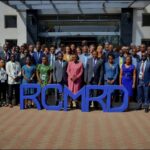
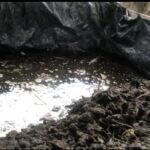
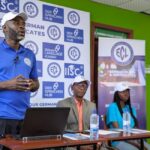
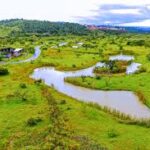
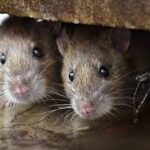
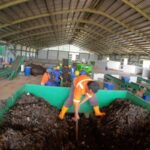
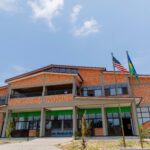
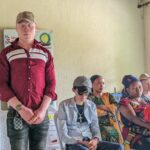
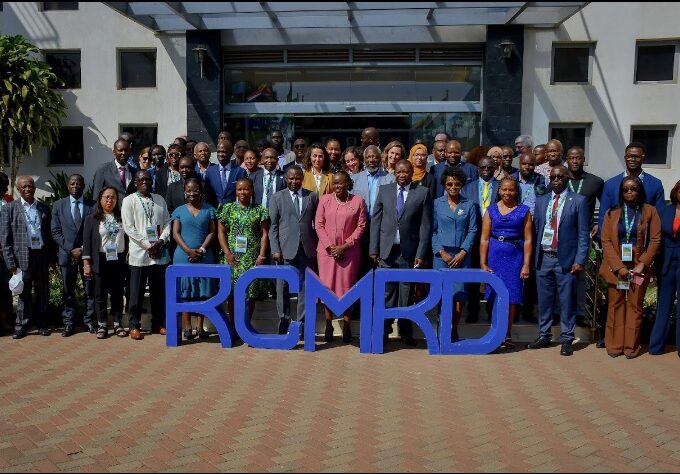
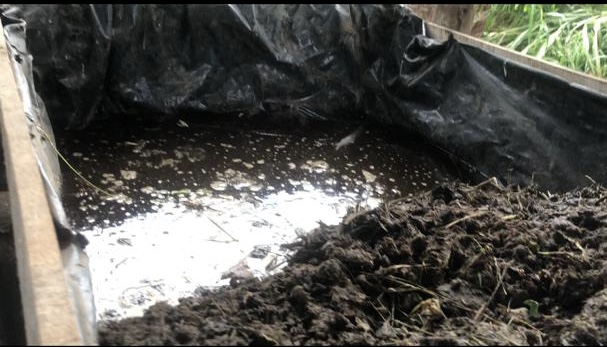
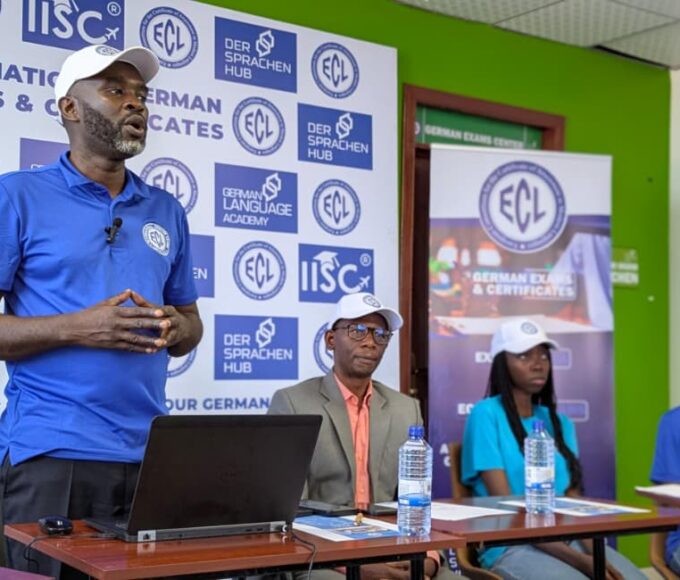
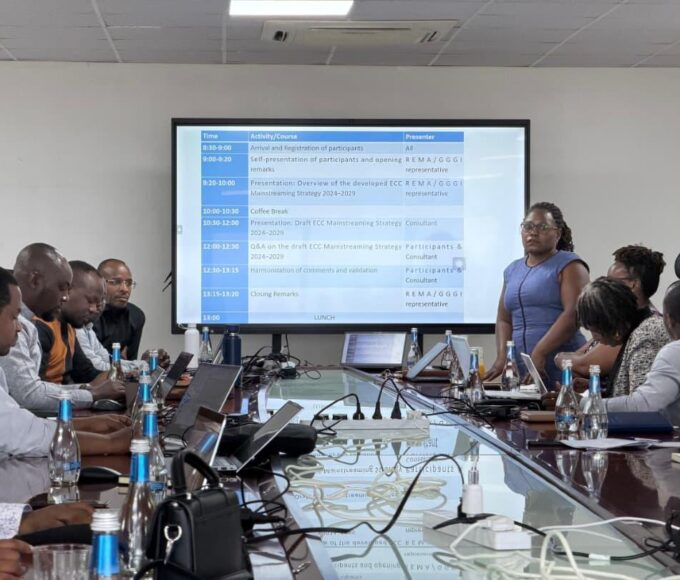
Leave a comment